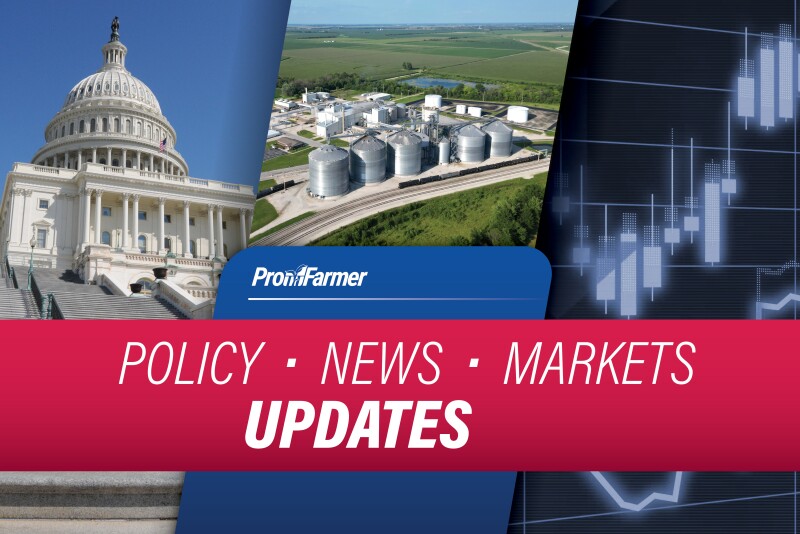Supreme Court signals skepticism of open-ended tariff powers (Agri-Pulse): During oral arguments, multiple justices—both conservative and liberal—challenged the argument that the president may impose sweeping tariffs under the International Emergency Economic Powers Act (IEEPA) of 1977, a statute that does not explicitly reference tariffs. The case stems from challenges to Donald J. Trump-era emergency tariff actions, and justices pressed the government on how broad the president’s “regulate commerce” authority really is under IEEPA, and whether Congress knowingly ceded its constitutional trade powers to the executive branch.
Key themes in the courtroom included the constitutional division of tariff powers (which the Constitution allocates to Congress), concerns about major questions doctrine (i.e., whether Congress must speak clearly when delegating big economic decisions), and how foreign-policy or national-security rationales affect the analysis. Some justices wondered if the government’s approach would allow the president to act unilaterally in ways that effectively replace Congress’s role. Opponents of the tariff use argued that tariffs are essentially a revenue or taxation tool, not simply a regulation of commerce, and thus may fall outside the statute’s scope.
Capital Press reported that while farm groups have cautioned against tariffs, they’ve largely stayed out of the case.
Policy Updates: Supreme Court signals skepticism over open-ended tariff powers
During oral arguments yesterday, multiple justices challenged the argument that the president may impose sweeping tariffs under the International Emergency Economic Powers Act (IEEPA) of 1977.

(Lindsey Pound)
